A Song for Every Season
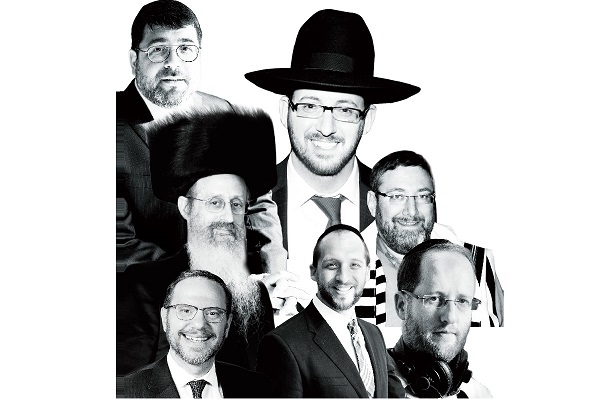

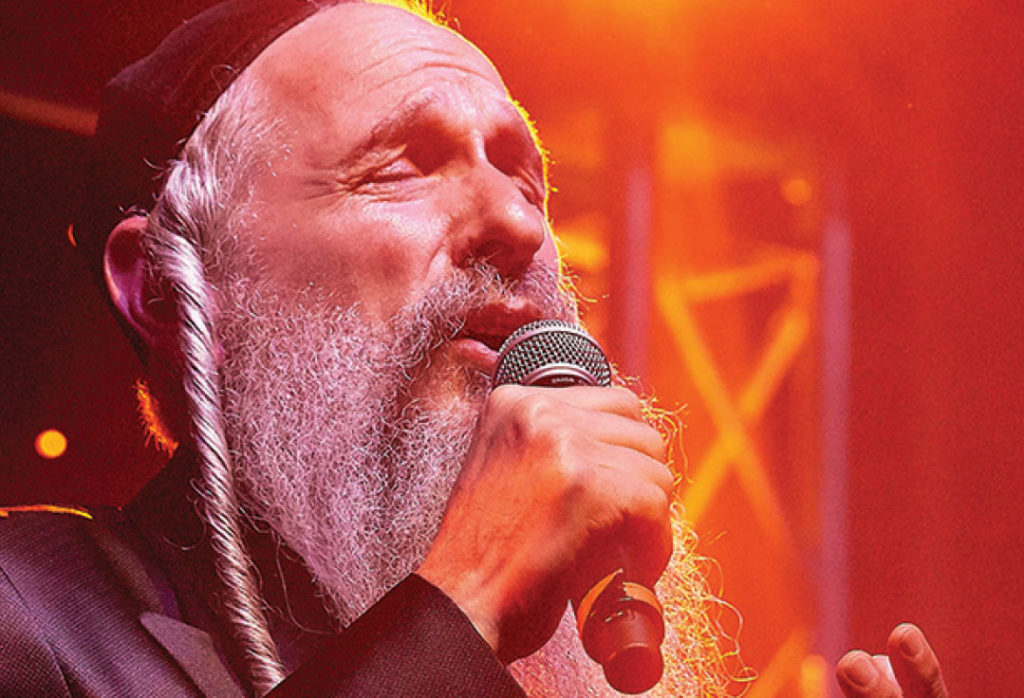
A few months back, our Chanukah EndNote question asking readers to submit their most meaningful MBD songs drew an avalanche of responses. For some, though, it wasn’t songs that left a lasting impression, but times in which they actually performed together with Mordechai Ben David, experiencing their own 15 minutes of fame.
A selection of those special memories
M
any of MBD’s songs have touched our hearts, but “Daddy Dear” is special to us. Many years ago, Mordechai came to perform in Chicago. The organizer of the event asked the school to have some boys join him on stage, and a few children were asked to sing with him, including our son, who sang the “Daddy Dear” duet with MBD on stage — although they did practice a little right before so it wasn’t totally spontaneous. It was a very exciting experience for him, and we still talk about it — and sing the song!
—C. Weiss, Chicago, IL
W
e sang together in 1980, he as a budding star and me as a seven-year-old along with my choir mates. It was a show produced by Yigal Calek and Sheya Mendlowitz at Felt Forum of Madison Square Garden in New York. The songs that stand out in my mind, aside from the Yigal Calek selections, are “Shevach” and “Memories,” both from MBD’s Memories album. The show’s finale was Yigal’s famous “Kol Berama Nishma,” and the choir was accompanied by Yigal’s legendary choreography and harmonies. MBD contributed by harmonizing with the choir, something we didn’t practice, and closed the song with an impromptu, classic finish that still resonates with me.
The show ended with another unrehearsed routine, as MBD asked me, over the mic, where I was from. I answered, “New York.” “Where in New York?” he asked, and I answered “Brooklyn.” Getting more personal, he asked “Where in Brooklyn?” but at my age and in front of 5,000 people, I got flustered and couldn’t pin it down. We went round and round a few times until he helped me blurt out “Flatbush!” Every time I saw Mordechai subsequent to that show, he smiled and recalled the encounter that some thought was a staged finale between the seven-year-old wannabe and the legendary MBD.
—Yehoshua Michaeli, Lakewood, NJ
I
grew up in Seagate right next to the Werdygers, and many songs come to mind when trying to pick my favorite MBD song. However, “Ko Amar Hashem,” composed by Reb Chaim Banet, is the song that holds a very special place in my heart. When Mordechai asked me to sing on his album Yerushalayim Our Home, I couldn’t have been more excited. As a ten-year-old boy, it was a unique opportunity. I sang “Haben Yakir Li,” which is the intro to “Ko Amar Hashem,” with Mordechai’s harmony in the background. The strong message of Hashem’s love for his children has stayed with me till this very day, over 30 years later.
—Dovid Lederman, Brooklyn, NY
(Originally featured in Mishpacha, Issue 756)
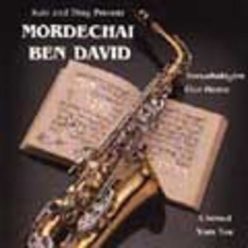
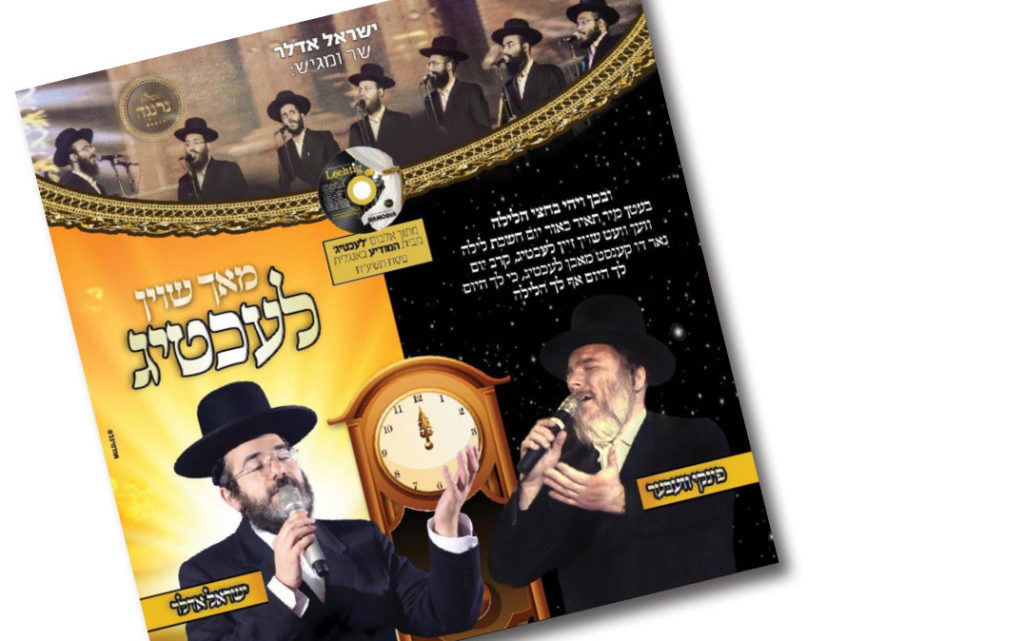
L
ast year before Pesach, badchan and singer Sruli Adler, son of Chazzan Chaim Adler of the Jerusalem Beit Knesset Hagadol, released a new single called “Lechtig,” written by Pinky Weber. Based on the last line of the Seder night piyut “Vayehi Bachatzi Halailah,” the song is a plea for Hashem to light up the darkness of this night of galus — “Ta’ir ke’ohr yom cheshchas lailah — light up the darkness like day,“ and it includes the Yiddish lyrics “Ven vet shoin zahn lechtig?” The song was also the title track on a CD distributed with last year’s Pesach Hamodia.
Right after Yom Tov, Reb Pinky received a call asking him to be menachem avel the father of Yisroel Levin, who was tragically killed together with his kallah on Chol Hamoed. “I didn’t know the family at all, so I didn’t know why they wanted to see me, but I went along to Flatbush,” the composer recalls. “It turned out that Rabbi Levin had wanted to meet me because he had received the terrible phone call about his son while he was listening to “Vayehi Bachatzi Halailah.” Somehow, the refrain of the song “Ven vet shoin zahn lechtig — when will it be light already?” kept replaying in his mind and gave him chizuk and hope for light during this dark time. You just never know who a song will reach and what it can do for the listener.”
(Originally featured in Mishpacha, Issue 756)
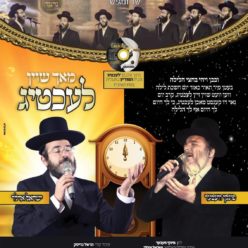
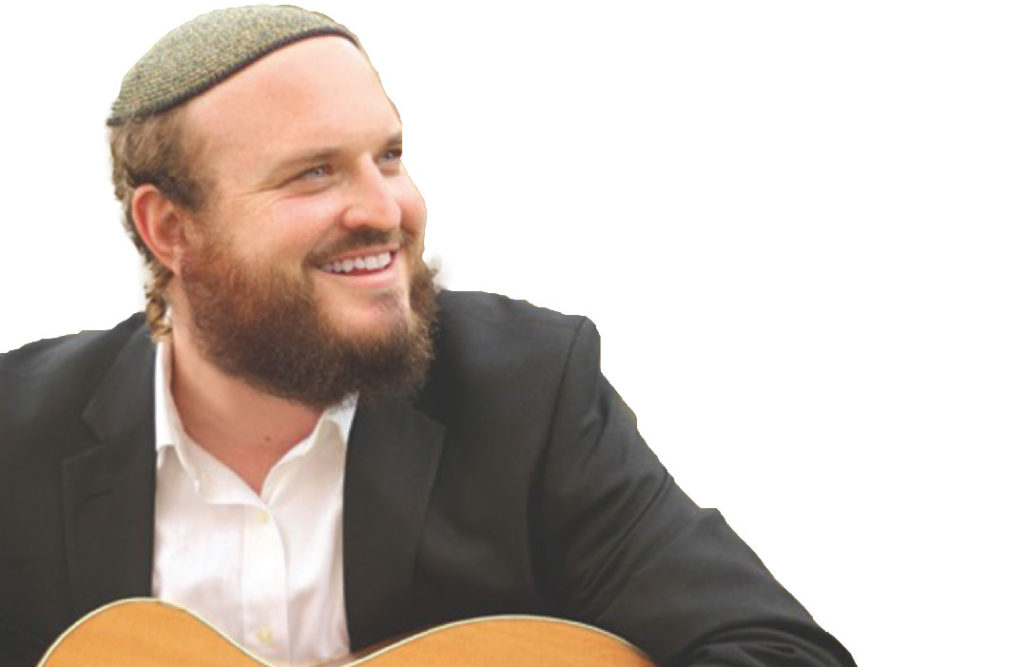
N
ot too many Jewish music followers have heard of composer Michael Shapiro or his albums, which he began putting out in the 1980s (the first was Beyond Twelve Gates, followed by another five). But Shlomo Katz, who came across Shapiro’s music as a teenager in Los Angeles, was one old-time fan who was familiar with the heartfelt niggunim, a blend of stirring pesukim and English lyrics.
A few years later, the first time Shlomo was a guest at the Shabbos table of Rav Moshe Weinberger of Aish Kodesh in Woodmere, the name Michael Shapiro came up in conversation, and the Rav shared Shlomo’s excitement. “We couldn’t stop singing the songs around the table,” Shlomo recalls. “They arouse a certain feeling which your heart just can’t ignore.”
In fact, when Rav Weinberger first heard Michael Shapiro’s music about 35 years ago, he contacted the composer and told him he was crying when he heard the songs. Michael replied, “I was crying when I wrote them.”
In honor of Aish Kodesh’s 26th anniversary, Shlomo has collaborated with a team of artists and musicians to release a collection of Shapiro’s little-known songs. Participating artists include his brother Eitan Katz, Zusha, Chaim Dovid, Yosef Karduner, Dovid’l Weinberg, Raz Hartman, and Yaakov Klein. (Shapiro, who was part of the broader Carlebach community and did a lot of teaching and kiruv back then before basically vanishing for decades, told the team he can’t believe his music is making a comeback.)
The album is called Only You – but there’s one song on the album that Shapiro didn’t write. It’s called “Meshorer Hateshuvah.” Shlomo composed that song last year as a gift for Rav Weinberger’s 60th birthday, with the words taken from a poem by Rav Avraham Yitzchak Kook, which Shlomo says was the first piece of Rav Kook’s Torah that Rav Weinberger learned. (“Meshorer Hateshuvah – Singer of Teshuvhah – have you been born yet? And if your neshamah is still held in the heavens, I beg you to quickly descend and awaken your harp…”)
Still, Rav Weinberger’s students decided that it would be an appropriate inclusion for an album of Michael Shapiro’s songs, since he too was a “meshorer hateshuvah,” a “singer of return.” Shlomo says that non-religious musicians in the Israeli studio where most of the songs were recorded were mesmerized by the sound. “They remarked that whoever composed this music must have been praying while he composed, since the settings are so perfect.”
(Originally featured in Mishpacha, Issue 756)
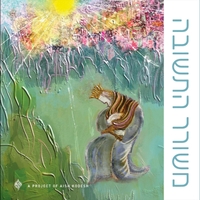
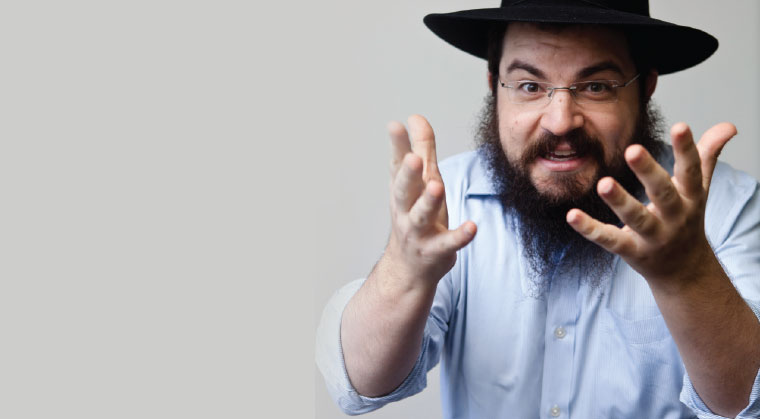
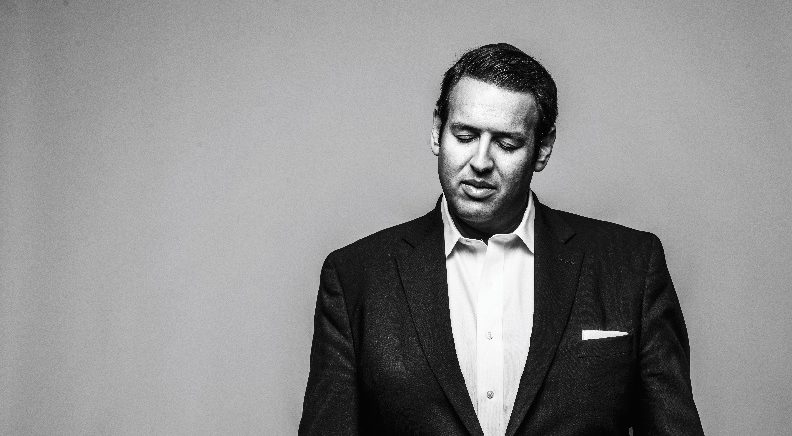
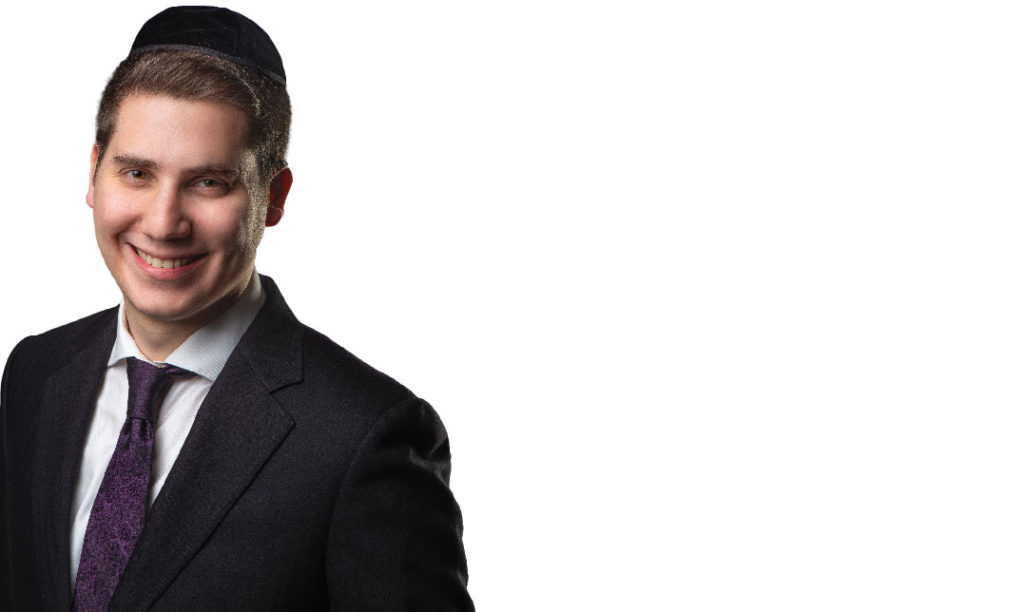
V eteran producer Yochi Briskman has an eye for talent and his latest discovery, UZI BODNER, is quite aware that Yochi producing his debut album, Hey-ha, is a real feather in his cap. “I was only six or seven when Yochi brought out Yaakov Shwekey’s Shomati album, but that CD grew to represent my pipe-dream,” Uzi says. “A year ago, I started to work with Yochi, and I can’t express enough how grateful I am to Hashem that my dream came true.”
Always imaginative and musical, Uzi’s talents really began to develop when he spent his beis medrash years out of town. “There was nothing to do besides learn, which of course I did, but outlet-wise, I had nothing besides music. I breathed music.”
Following years of voice training, singing at simchahs, and a couple of successful singles, he was ready to release a full album.
The first song he purchased was the album’s title track, “Hey-ha,” by Elie Schwab. “It was a Motzaei Shabbos over a year ago, when I went over to Elie’s house to work with him on a song. I stood outside and heard Elie banging away so hard on his piano that he couldn’t hear me knock. All I could hear from outside was this powerful, rhythmic, ‘Hey-ha…’ The major chords were amazing. I had to call his phone a few times till Elie heard it through his music, and when he did, I said to him ‘Whatever you were playing now, I want it.’ ”
With Miriam Israeli’s terse but bouncy lyrics, “Hey-ha” evolved into a song about finding one’s own path and expressing individual talent, without looking over one’s shoulder and comparing to others. For Uzi, it’s an important message. “Sometimes it feels like you have two choices — you’re either in the box, or you’re out. But that’s not how it should be. As the song says, the only real path you choose is between Hashem and you.”
(Originally featured in Mishpacha, Issue 755)

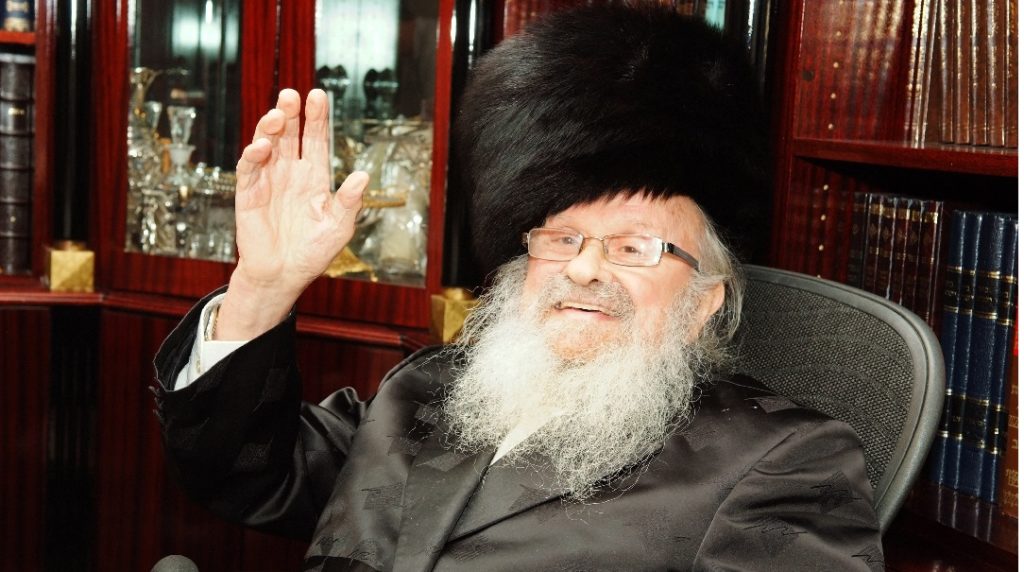
This story goes back to when I was a kid, way before my career in the music business. But it came back to me now because the second day of Nissan is the yahrtzeit of one of the foremost chazzanim and trailblazers in the Jewish music world, Rabbi Dovid Werdyger a”h.
I was 11 years old at the time, and it was my third year as a camper at Camp Kol-Ree-Nah. For those who might not remember, Kol-Ree-Nah was a sleepaway camp in Livingston Manor, NY. The head counselor was the much-loved Rabbi Shlomie Klein, who was also the devoted menahel of Yeshivas Rabbeinu Chaim Berlin for over 30 years. During the first week of camp, Rabbi Klein made an announcement that the camp would be putting out a record featuring the world-renowned and beloved chazzan, Dovid Werdyger. (Those who listened to him know that Reb Dovid Werdyger’s vocals were not those of a typical chazzan, but rather a softer, more flowing sound that helped lay a foundation for the nascent world of chassidish singers.) Shlomie Klein then went on to tell us that since the record would be labeled as “Camp Kol-Ree-Nah sings,” legally, the entire camp must sing at least one song on the album.
The song chosen was appropriately called “Kol Reenah” that was composed by Reb Dovid Werdyger (“Kol kol reenah, kol kol reenah… yemin yemin yemin Hashem, yemin yemin yemin Hashem, osah chayil…” and for the next five to six weeks, we rehearsed the song over and over.
Finally, the day arrived, and a truck pulled into camp with recording equipment and started to set up in the dining room. The entire camp headed to the dining room where they saw microphones, a piano, and other equipment set up, along with a little booth , where Dovid Werdyger and his musical director, Jackie (Yaakov) Goldstien a”h stood. The two of them had worked together from the beginning of Reb Dovid’s career in the United States.
Rabbi Yaakov Greenwald, the director of the camp, got up and impressed upon us how important it was that none of us made any noise — no shuffling, whispering, or kicking chairs — because it would be heard on the record. And then the music began, and the whole camp started to sing the song that we had practiced for so long. When we got to the high part of the song, it was time for Dovid Werdyger’s solo. But just when he began to sing, Jackie Goldstien shouted “Cut!” and stopped him. He gave Reb Dovid an annoyed look and they began again. This went on a few times, and each time, Jackie kept getting more and more annoyed with each take. Finally Jackie said to him, “I’ve known you for so many years! What’s with your voice today?”
We campers were feeling extremely uncomfortable as the two musical partners were seemingly at each others’ throats. Soon Reb Dovid started to take offense. He said, “I don’t know what you’re talking about! It sounds good to me!” Jackie replied, “Let me listen again to what we recorded.” He put on the headphones, listened for a few seconds and announced, “This is unacceptable.” At this point, the whole camp was starting to feel frightened — until Jackie got up in front of the entire camp and shouted, “This is unacceptable! In fact, this is… color war!” Looking back, it’s hard to believe we were all fooled, but trust me when I say that nobody had a clue that this was actually a breakout.
The album was released a few months after camp and was a huge success. Dovid Werdyger’s son, MBD, actually sang some solos on the album as a child vocalist. What I learned later on, after getting to know MBD and his father, was that Reb Dovid actually composed the song “Kol Reenah” while being given a ride by my own father a”h. Dovid Werdyger told me that it was an extremely bumpy road, my father was driving really fast, and every time they hit a bump, Reb Dovid sang “Bump, bump” — and then the rest of the tune cruised along.
(Originally featured in Mishpacha, Issue 755)

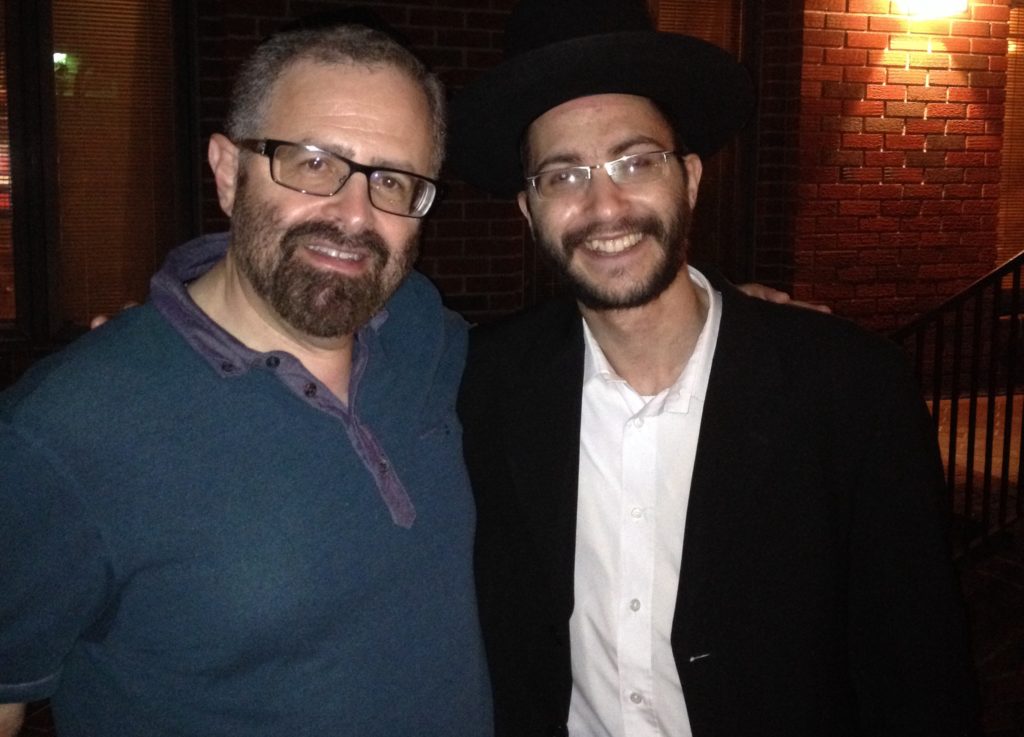
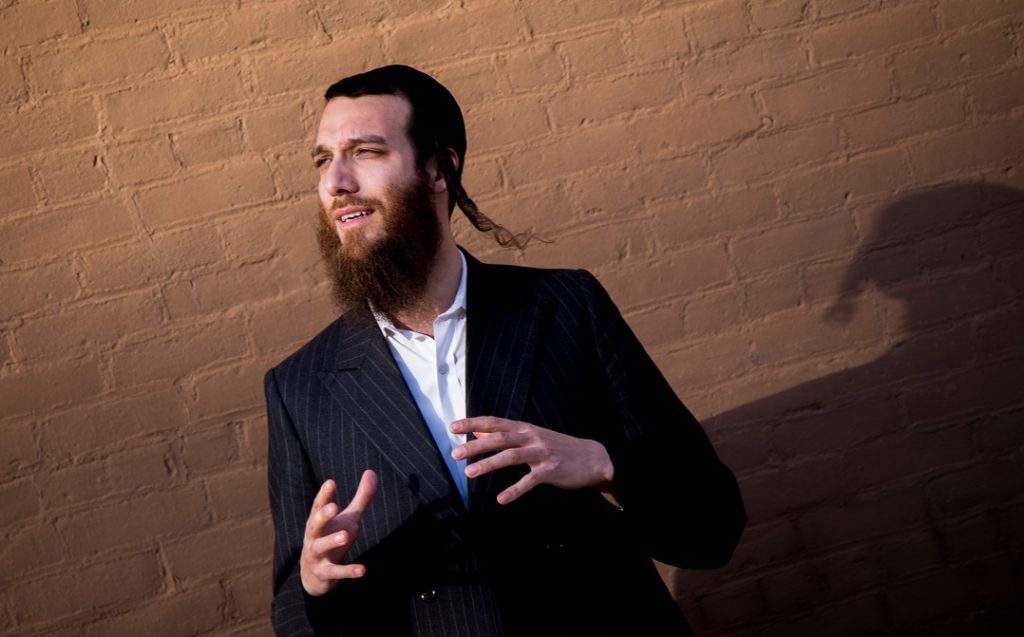
A
lthough today’s wedding music is frequently about the latest and greatest hits, sometimes the band segues into a familiar intro as guests smile at the sound of a beloved classic. Which gracefully aged songs do you still love to perform at weddings?
Beri Weber (Vocalist)
I like MBD’s “Racheim Bechasdecha” very much, and I sing it pretty often. Going much further back than that, I would pick the Baal Shem Tov Niggun. That song really helps me to re-boot, giving my feet a firm footing by connecting me to a place of purity and comfort.
(Originally featured in Mishpacha, Issue 754)
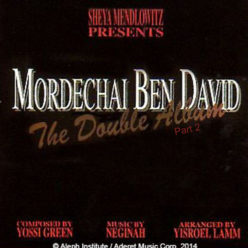
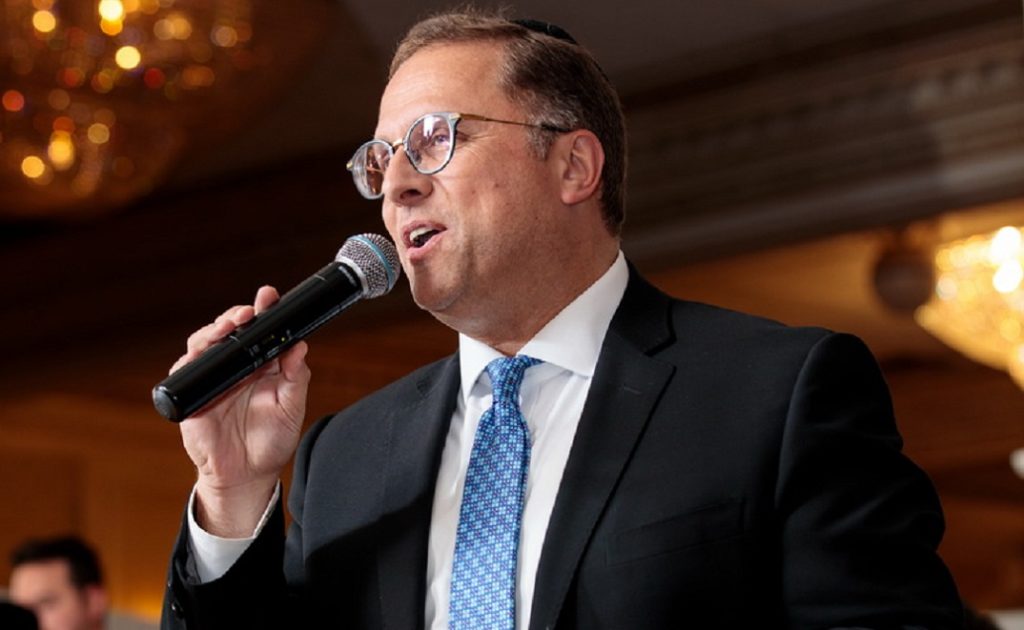
A
lthough today’s wedding music is frequently about the latest and greatest hits, sometimes the band segues into a familiar intro as guests smile at the sound of a beloved classic. Which gracefully aged songs do you still love to perform at weddings?
Shloime Dachs (Shloime Dachs Orchestra)
MBD’s “Od Yaishvu,” composed by Yossi Green. The image it evokes is so powerful, I sing it whenever I can.
(Originally featured in Mishpacha, Issue 754)
